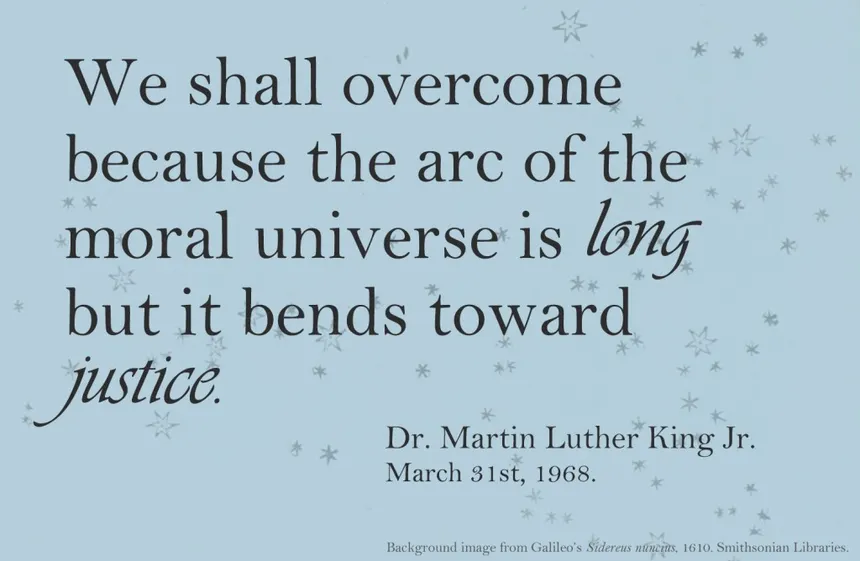A couple of Dissident Right/Alt Right-adjacent/within commentators had some interesting and slightly conflicting takes on Zohran Mamdani’s recent victory for the mayorality of New York City. Prolific Twitter poster Aleph said:
Ryan Faulk of The Alternative Hypothesis had a somewhat overlapping view, that it has to do with Mamdani’s youth, socialism, and stance on Israel:
I don’t think it’s sufficient just to be a young photogenic guy offering free stuff to win New York City. It’s more what Aleph is saying that Leftist Millennials view themselves as temporarily embarrassed utopians, and that Trumpism is just a bump on the road to Fully Automated Luxury Communism:
They present as apocalyptic doomers, but in reality that are temporarily embarassed utopians. As events have made their victory look less and less likely they seek out candidates they can invest that hope into, wanting them to win to “prove” that gay race communism will actually triumph and bring about the promised utopia
As the Internet makes it ever-easier for grassroots political ideologies to assert themselves, many Leftist Millennials have been swallowed up by overtly Communist rhetoric along the lines of Hasan Piker and Chapo Trap House. This more muscular formulation of leftism brings us back to the revolutionary communist rhetoric of yesteryear, or more recently in South America.
Whig history is a very appealing view of history because it assumes that the arc of history inevitably bends towards your point of view, which is whatever is popular among the Democratic Party at the moment. Here’s Yarvin’s definition of the term:
What historians call Whig history or presentism is a parochial and chauvinistic belief in the superiority of the current period—we could call it a paleophobia. Whig history is an erroneous attribution of the progress of physical science into the political. Also, it displays a remarkable ignorance of the historical pattern of regime evolution, which outside the current period is never monotonic and always cyclic. Maybe the current period is different—or maybe it is just part of yet another cycle.
If disproving worked, the 20th century would have disproved Whig history. Actually, we have no reason to think that Barack Obama (or the sages of his age) understands political philosophy any better (or worse) than Henry Tudor (or the sages of his age). We do not even know that Obama’s fiscal and monetary policies are superior.
In Whig history, everything gets better and more “progressive” over time, which today is defined as Third Worldist Communism, preferably of an Arab or Latino variety. The Right isn’t immune to this either—Constantin von Hoffmeister was recently asked to disassociate from a certain Deep Right organization for an outburst along similar lines.
The problem with Whig history is that its definers can choose to enumerate whatever qualities they want as associated with this supposedly inevitable march to justice, depending on what is fashionable at the time. In the 2020s this might mean open gays in the military, your High School daughter getting dunked on by a transgender athlete, and state-owned and operated grocery stores in New York City. However, the aura of inevitability that it presents is appealing to many, including a youthful version of the author living in San Francisco and unexposed to alternative views.
For better or worse, history is not predictable. We could just as easily go back to a world of Great Houses dominated by aristocrats a la Dune as we might venture towards the directest-of-direct-democracy that Redditors imagine Star Trek to be. In the novel Aristoi, for instance, the galaxy is managed by a strict hierarchy of social elites who use their exclusive control over nanotechnology and the most advanced brain-computer interfaces to guide the course of society. We have no idea which future is “better” until we actually get there, and even again, in an experiment with no controls, one can never be sure. It’s better to be detached about what the future holds than to postulate that our own political ideas in the present are inevitably destined to triumph over the future.

Leave a Reply